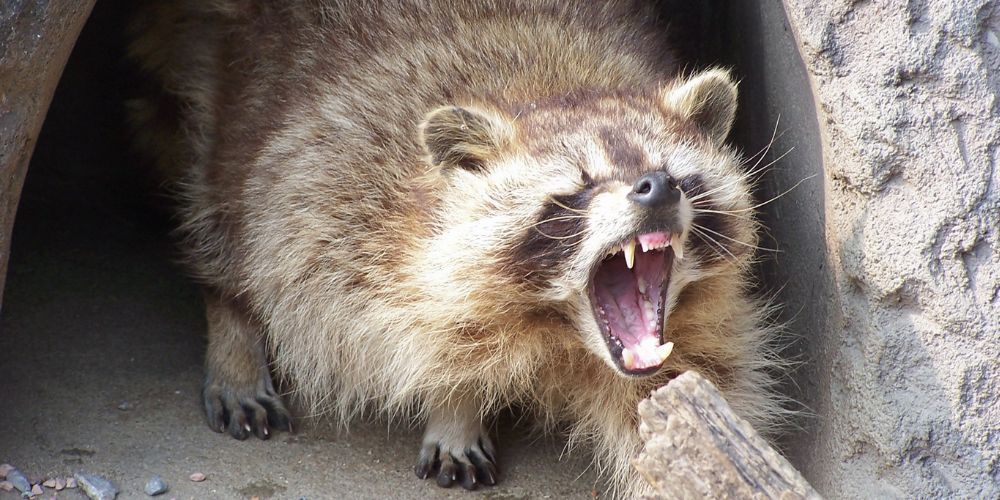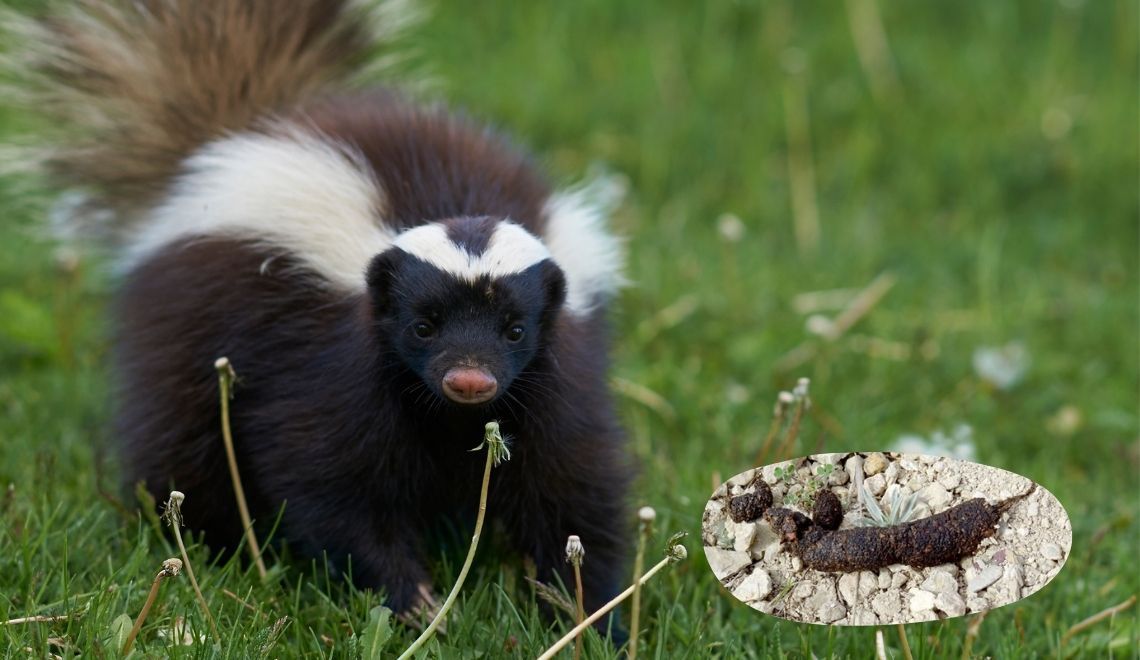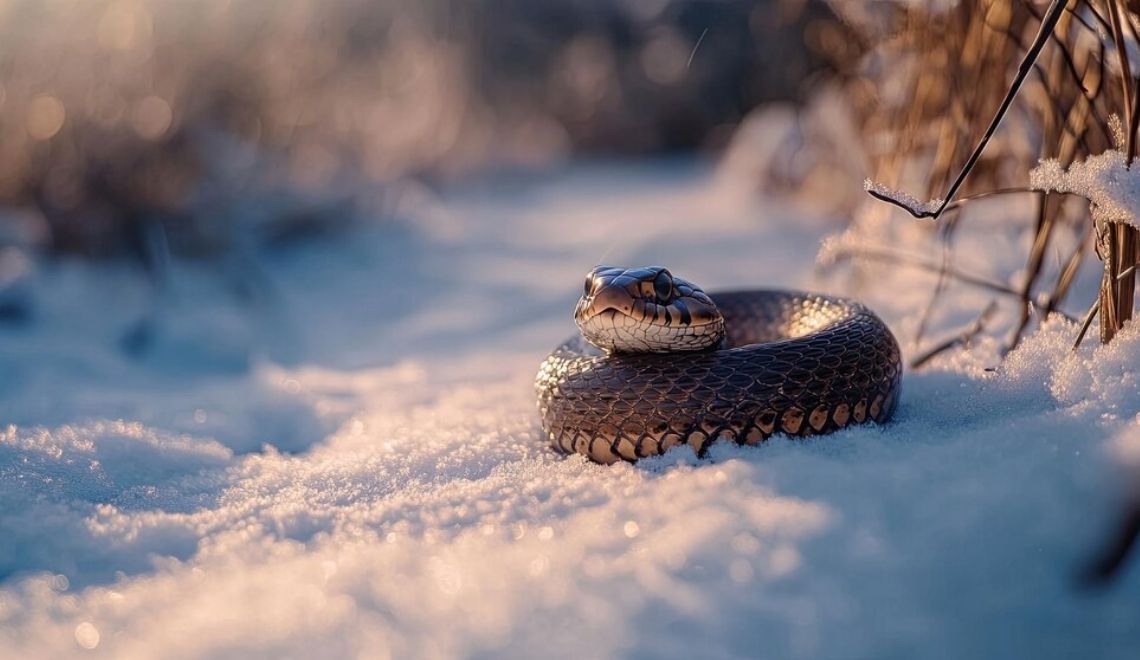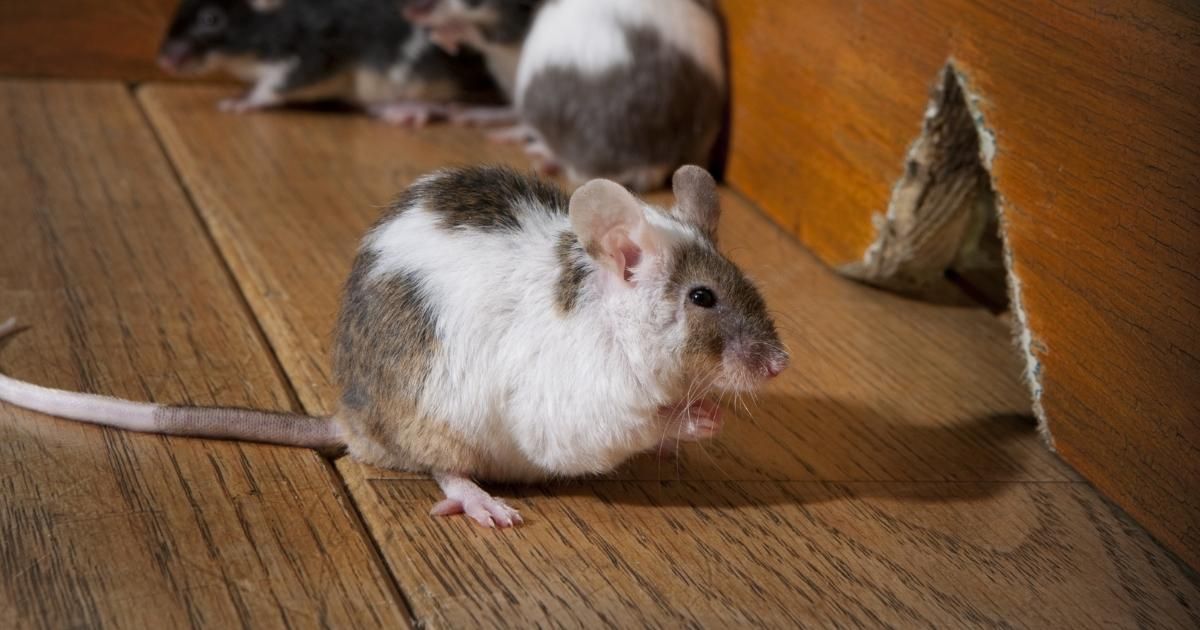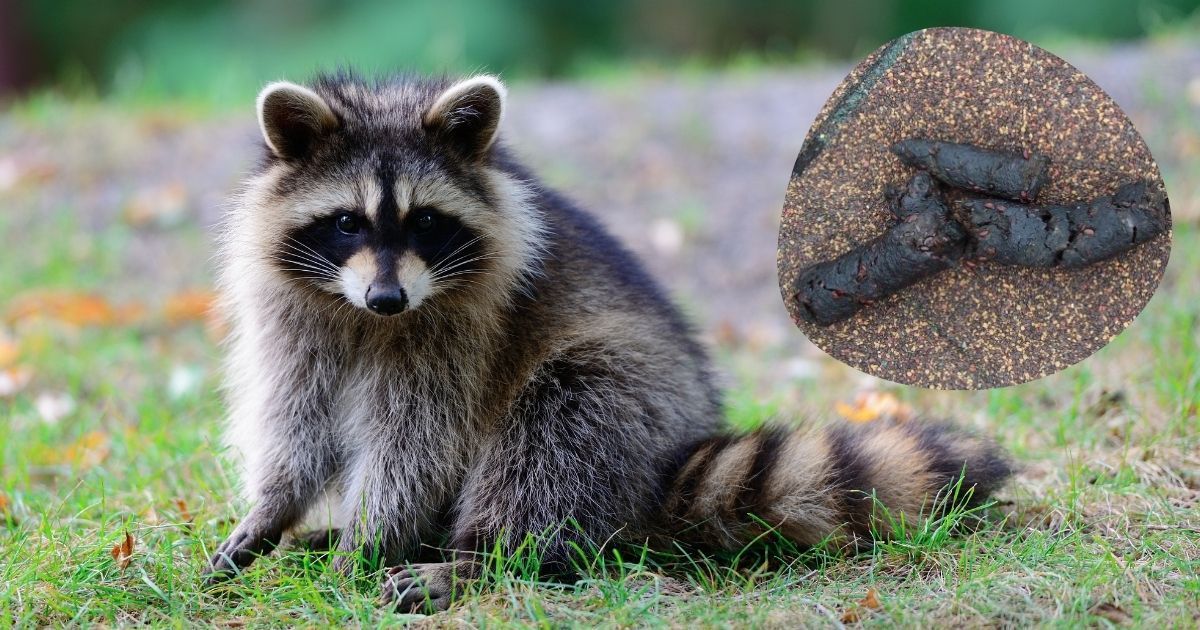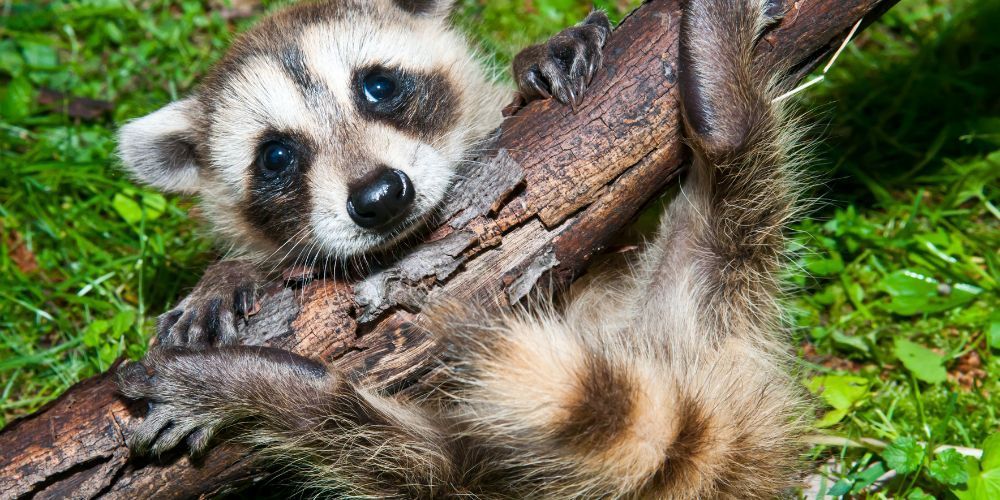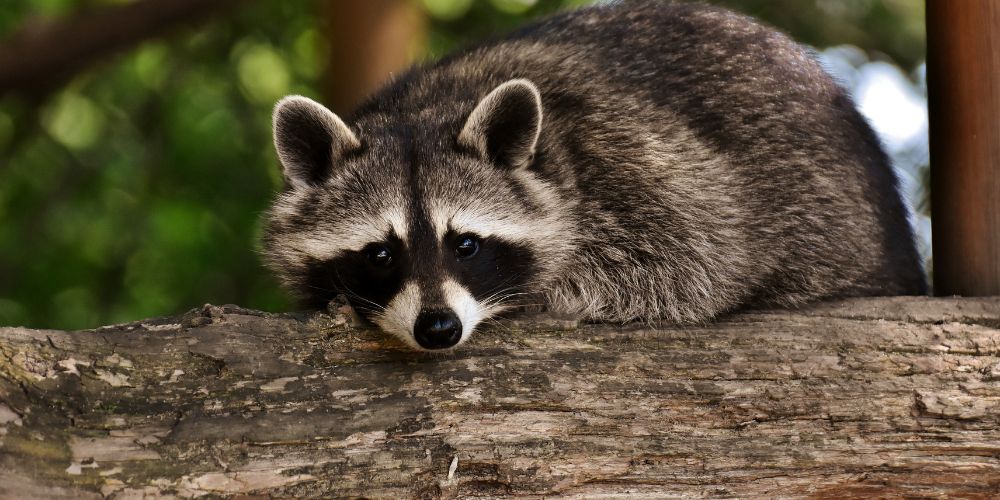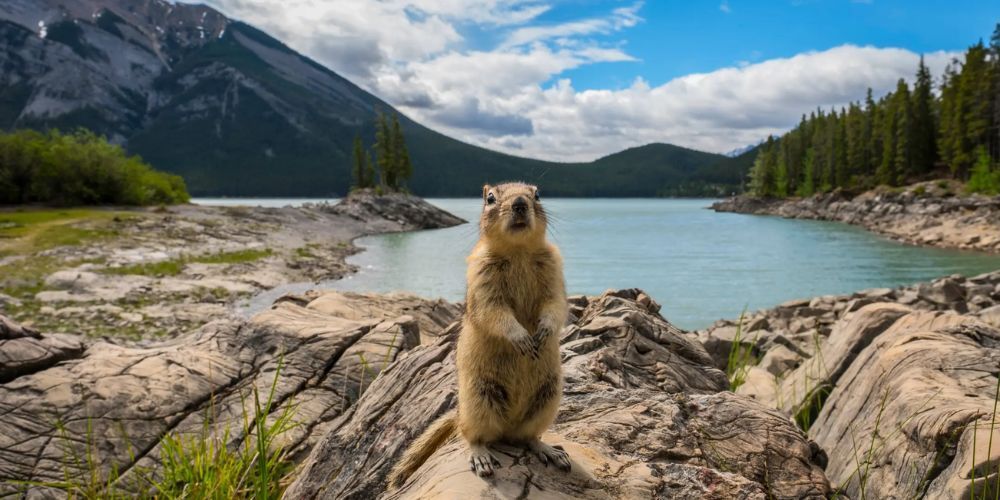Identifying Skunks: Signs, Behavior, and Habits
Skunks are little animals with fur and black and white lines on them. They are omnivores, eating meat and plants. Skunks eat a variety of things, including plants, bugs, worm babies, fruits, eggs from other creatures, little reptiles and animals, and fish. They look for their food at night when many animals and people are asleep. Let’s talk about how these skunks act, their habits, and other exciting things about these animals.
Are skunks dangerous?
Skunks are usually not harmful, but they might cause problems if they sense danger. To defend themselves, they release a very bad-smelling, unpleasant spray. Skunks usually do not want to fight and prefer avoiding trouble.
What are the Signs of a Skunk?
Spotting a skunk can involve three signs:
- Smell: The main feature they are all incredibly famous for is their strong scent. If you are familiar with the smell of penetrating musk coming up from the ground, the source of that scent may be a nearby skunk.
- Sounds: Skunks can, in fact, communicate with their fascinating hissing, growling, and chirping, among other sounds.
- Tracks: The footprint of a skunk resembles that of other small animal tracks; nonetheless, usually, you can note that five toes are making the record, and the foot imprint shows the claws.
What are the Behaviors of a Skunk?
Skunks have distinct behaviors that help them survive and thrive:
- Nocturnal: Normally, skunks move around at night. They do it this way to be safe. It is because they try to hide from their predators and human beings by engaging in nocturnal activity.
- Omnivorous Diet: Skunks have an omnivorous diet, which means they eat many different kinds of food. However, if they are hungry, they eat whatever comes their way. For them, the list of diets lies in birds, insects, lizards, eggs, fruits, vegetables, and garbage.
- Spraying Defense: When threatened or startled, skunks raise their tails, stomp their front legs, and release a burst of air from a musk sac in the back of their bodies.
What are the habits of Skunks?
Skunks have various habits that are important for their survival and daily routines:
- Foraging: Skunks look for food mostly when it is dark, and they rely on their strong ability to smell to find insects, small animals, fruits, and various other things they can eat.
- Scent Marking: Skunks mark their area by spraying a solid smell to show where they live and talk to other skunks. They might put this musky scent on things or use special glands to mark the edges of their space.
- Denning: Skunks usually look for places to hide during daylight, often in holes they or other creatures have made. These hiding spots protect them from animals that might hunt them and lousy weather.
Skunk Fun Facts
Here are some fun facts you should know about skunks:
- Scent Glands: Skunks possess advanced smell glands close to their backside, which can emit a potent odor liquid for protection. They can precisely target this spray at threats up to 10 feet.
- Nocturnal Creatures: Skunks mostly move around during nighttime, letting them stay away from predators and people. They can see very well when it is dark and have a solid ability to smell, which they use for finding their meals at night.
- Solitary: Despite their reputation, skunks are generally solitary animals, preferring to roam and forage alone.
Conclusion
Skunks, recognized by their unique black and white hair, eat plants and animals, including bugs and fruits. They are active at night to stay safe from dangers during the day, using sharp senses to live. Wildlife Control 360 knows how skunks behave and gives professional advice for removal without trouble. Wildlife Control 360 guarantees methods of skunk control that are both safe and efficient while also caring for the natural environments of these animals.
FAQs:
What are the signs of a skunk infestation?
The signs of skunk are a sharp and musky scent. You can also see footprints or waste they leave behind and sometimes find holes dug in your yard or garden.
What kind of damage can skunks cause to my property?
Skunks might harm properties while they dig to find food, making holes in the grass or gardens and maybe damaging buildings when they are looking for a place to stay.
How can I protect my pets from encounters with skunks?
Make sure your pets are safe from meeting skunks by watching them when they go outside, making garbage cans secure, and putting pet food inside, which can reduce skunk attacks.
Cities We Serve
Contact Us Today
Contact Us
We will get back to you as soon as possible.
Please try again later.
Wildlife Control 360 specializes in the humane control and removal of wildlife like raccoons, bats, birds, rats, snakes, bees, skunks, foxes, gophers, and squirrels.
Service
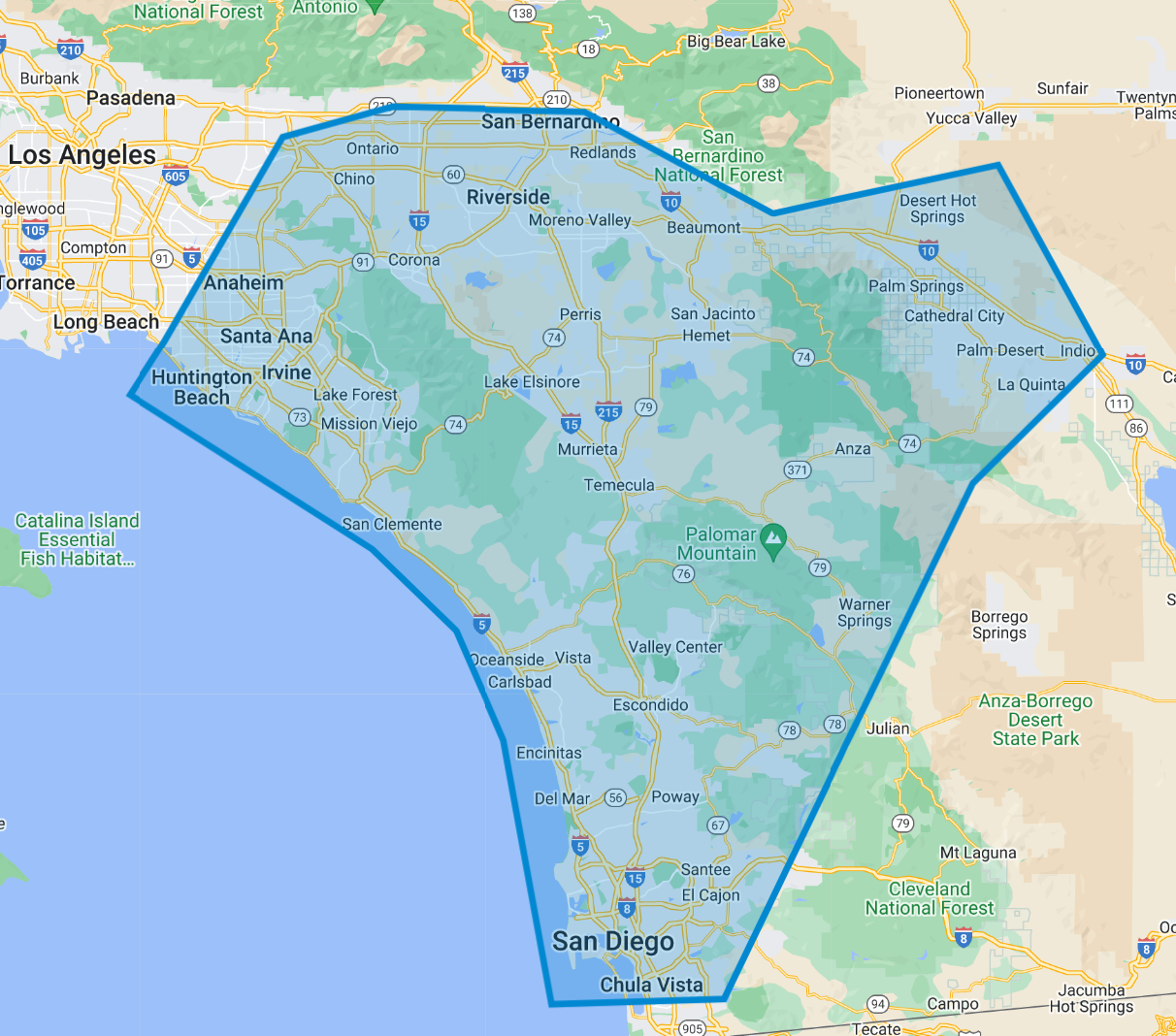
© 2024 All Rights Reserved | Wildlife Control 360

